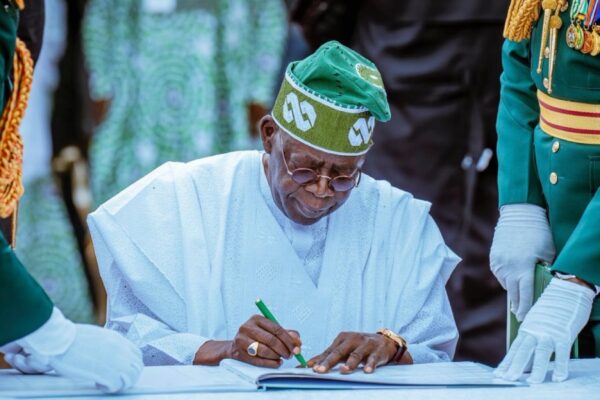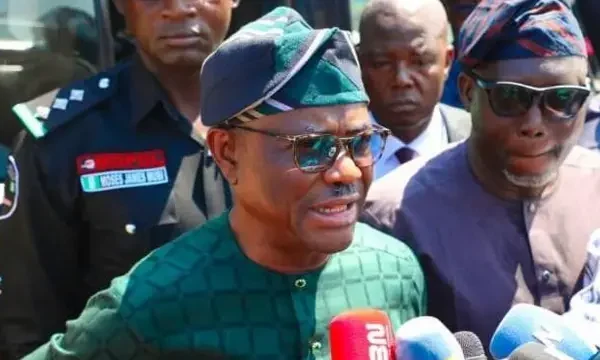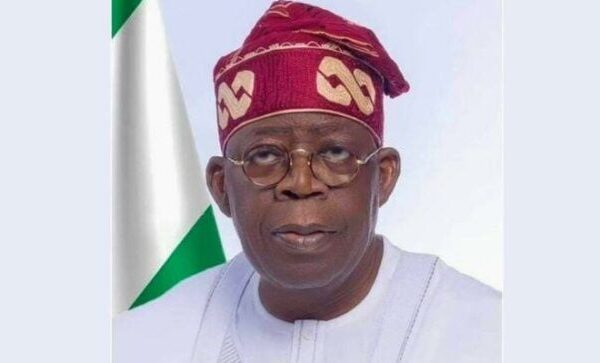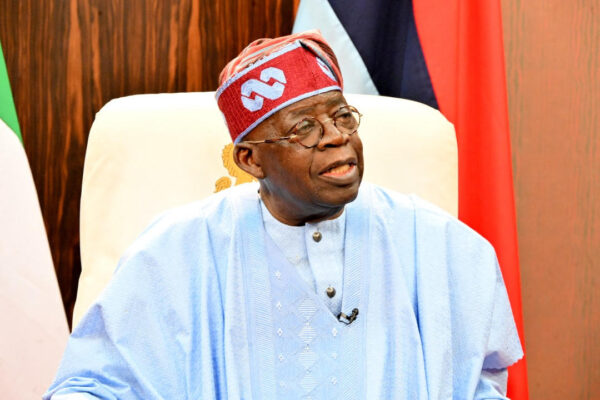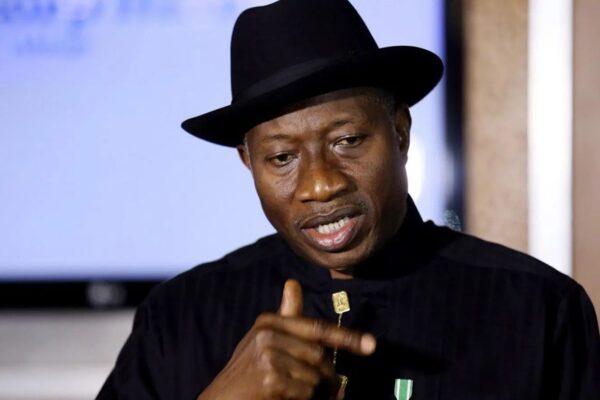Today’s Saturday Tribune column gives a broad context for why Wike’s humiliation by a young naval officer provoked a nationwide effusion of spontaneous joy (and inspired a profusion of memes) even when he might be legally right in his action. In Nigeria, elite oppression and callousness are often mostly abstract. Most people at the lower end of the social scale think and feel that many people in positions of power, comfortably ensconced in their sinecures, are haughty, self-impressed, and possessed of ice-cold disdain for them. But it is FCT Minister Nyesom Wike, more than anyone in the current government, who brings this abstract ideation into a raw, visceral, in-your-face embodiment through his habitual conduct. He has become a proverb for boorishness, unendurable arrogance, condescension, tactlessness, and verbal primitivism. He is a callous, tone-deaf, loud-mouthed, foul-spoken oppressor who excites visceral emotions in most Nigerians irrespective of their regional, religious, ethnic, or political affiliations. Wike doesn’t do his own oppression of the people in peace or style. He does it with vile and vicious villainy. That was precisely why his humiliation by Navy Lt. A.M. Yerima provided unrestrained, much-needed, exhilarating national catharsis for vast swaths of Nigerians. In Yerima, many Nigerians saw a brave, principled young man who pushed back on Wike’s intolerably familiar and habitual superciliousness and unrelieved toxicity. Nigerians experienced a collective sensation of emotionally purging excitement through the vicariousness of watching video clips of his encounter with Yerima, which has spawned such creative social media jokes as, “Wike was chasing me in my dream, but when I yelled ‘Yerima!’ he disappeared!” Millions of perpetually oppressed Nigerians particularly derived secondhand joy from seeing Wike, in a moment of unaccustomed powerlessness, flip out his phone to call the Chief of Defence Staff (CDS) and then hand it over to Yerima in an impotent bid to be allowed access to the disputed property Yerima was guarding. As soon as Yerima was handed the phone, he instinctively took his hand out of his pocket as a sign of respect for his boss, calmly explained why he wouldn’t allow Wike and his ill-bred goons into the property, then handed the phone back to Wike without yielding to Wike’s demands. In a fit of bacchanalian rage, Wike called the young man “a big fool.” His earnest, insistent, impassioned, lightning-fast riposte of “I am not a fool, sir,” obliquely told Wike that he was the big fool. Only a fool would, as a minister, publicly call a military officer in uniform young enough to be his son a fool in the full glare of cameras. Wise people impose restraint on themselves, tutor their instincts, and school their emotions. That someone could publicly tell Wike to his face, even if implicitly, that he is the fool that Nigerians say in hushed whispers was infinitely satisfying for millions of the direct and indirect victims of Wike’s agonizing imperiousness. It was even more consoling to many Nigerians that although Wike yelled at Yerima to “get out!” it was actually Wike who got out in disgrace — diminished, subdued, chastened, and with his tail between his legs. That was a once-in-a-blue-moon, David-versus-Goliath defeat of a detestable pocket tyrant. Now, had this been a different minister, the conversation would have taken a radically different tenor. Many legal commentators have persuasively pointed out that Wike has the right to allocate, reallocate, seize, and restore land within the Federal Capital Territory. Of course, many things are legal or not explicitly illegal but are widely regarded as inappropriate, unethical, or socially unacceptable. For example, no law prohibits wearing a clown suit in public or at a funeral. But it violates social norms of respect, dignity, and decorum. To be clear, I honestly don’t care if Vice Admiral Awwal Zubairu Gambo, whose property Yerima is tasked with guarding, loses it. Wike is probably right that Gambo was scammed and has no legal right to the land. I also think it’s an indefensible prostitution of the young man’s obviously enormous talents to reduce him to standing sentry by the disputed parcel of land of a retired general. In addition, I take issue with Yerima’s denigration of the professional worth of a police officer who accompanied Wike to the disputed plot and heckled Yerima in support of Wike. While I understand that in moments of inflamed passions, tempers can rise to stratospheric heights and cause internal emotional guardrails to break, targeting the rank and professional identity of the police officer for aspersion diminished Yerima. My two immediate younger siblings are police officers, but that’s not the reason for my disappointment in Yerima’s dissing of the profession of the police officer. It’s mostly because it made Yerima guilty of the same kind of hauteur and false pride that has caused Wike to be alienated from most Nigerians. Whatever we may think of police officers, their services to the nation are as indispensable to national survival as those of military officers. The current NSA, who is the boss of Yerima’s military bosses, was a police officer. That said, the fact that even people at the core of the current power structure have not come out to defend Wike tells you that most of them are embarrassed by his trademark coarseness and that he is a burden that is tolerated only for strategic political calculations. The persistent inelegance he lets out by virtue of his being a helplessly uncouth boor has caused his colleagues in the circles of power to let him hang out to dry. The few who have spoken have condemned his conduct and decision-making. For example, Bello Matawalle, Minister of State for Defence, said Wike’s clash with the naval officer was “unnecessary” and “avoidable” and that Wike “should not have exchanged words with the officer” on site. Instead, he argued, Wike ought to have taken up his concerns through the officer’s superiors and formal channels, saying that there was “no basis to sanction” Lt. Yerima. He framed the officer as having acted professionally and under lawful…



